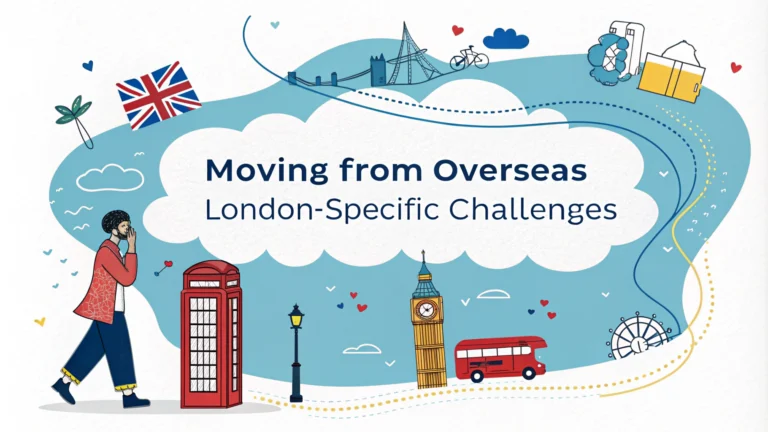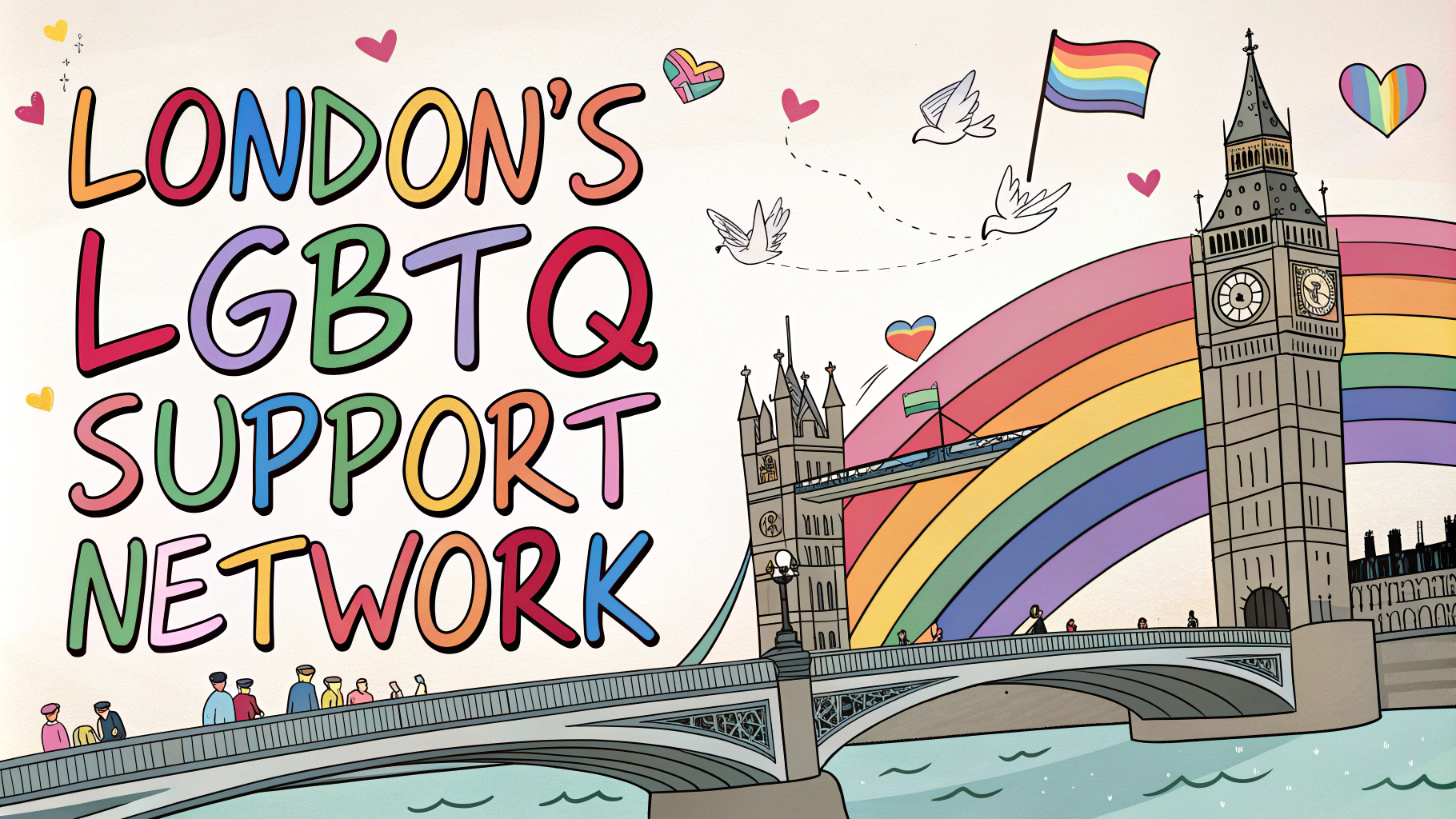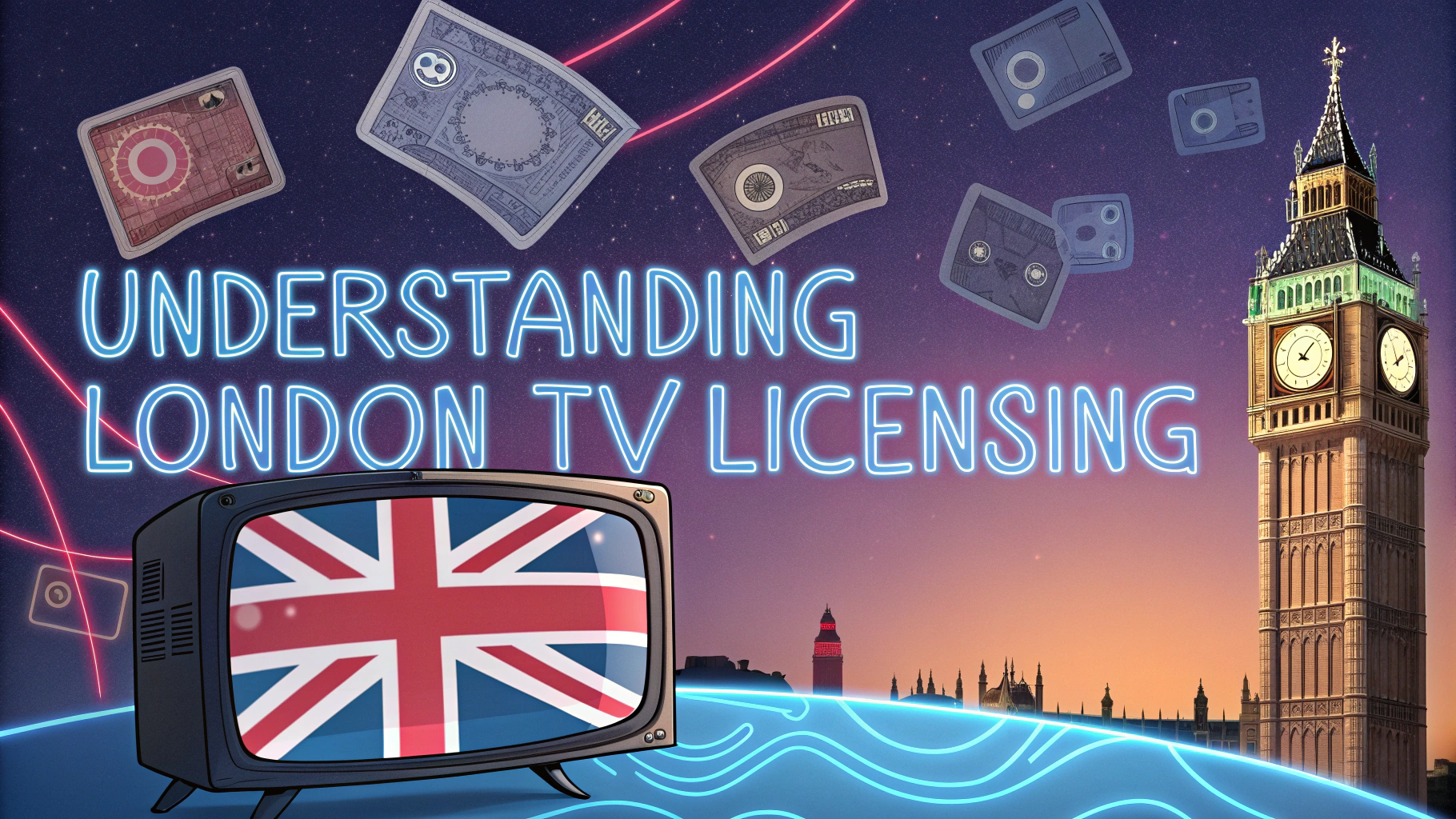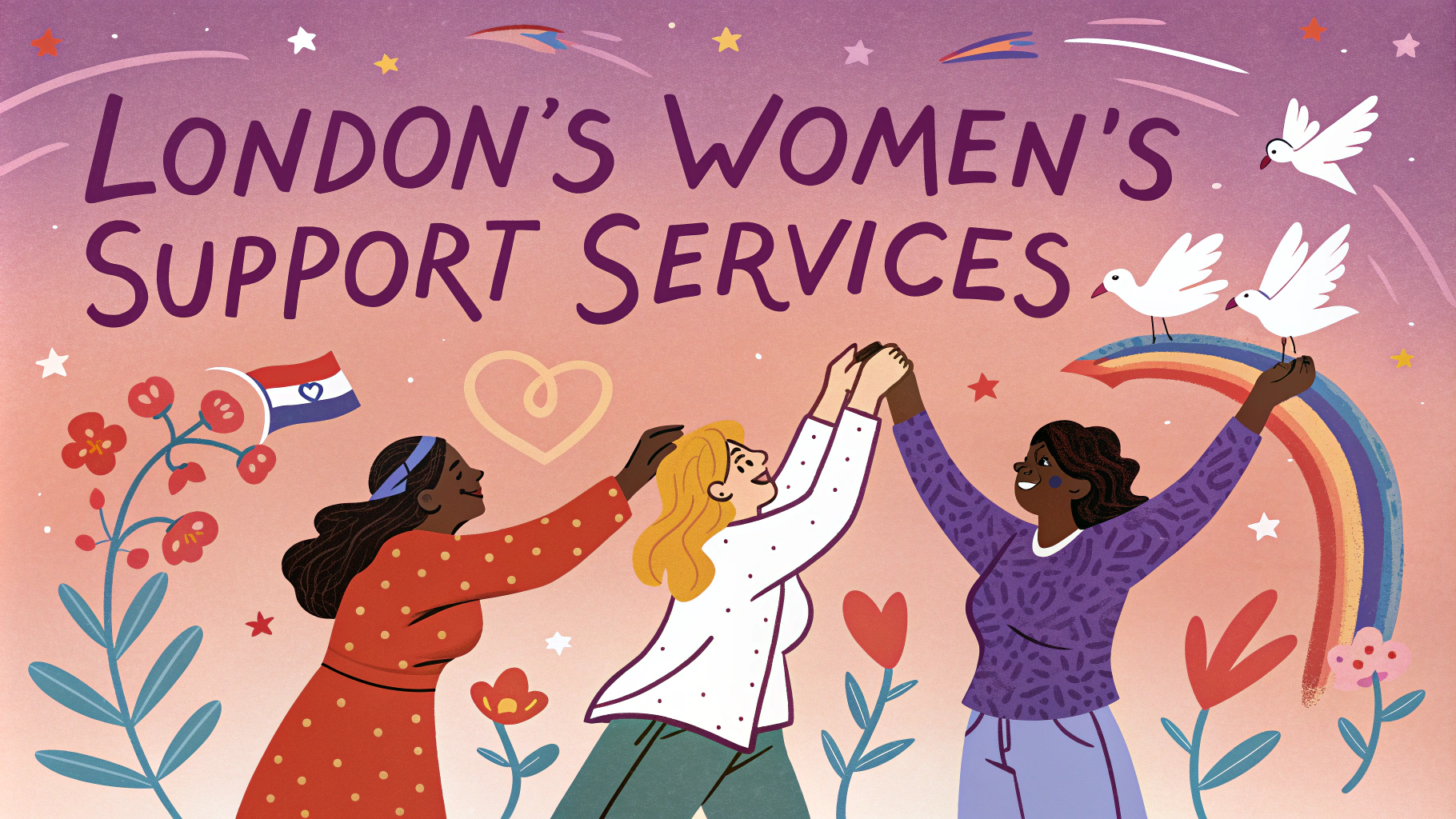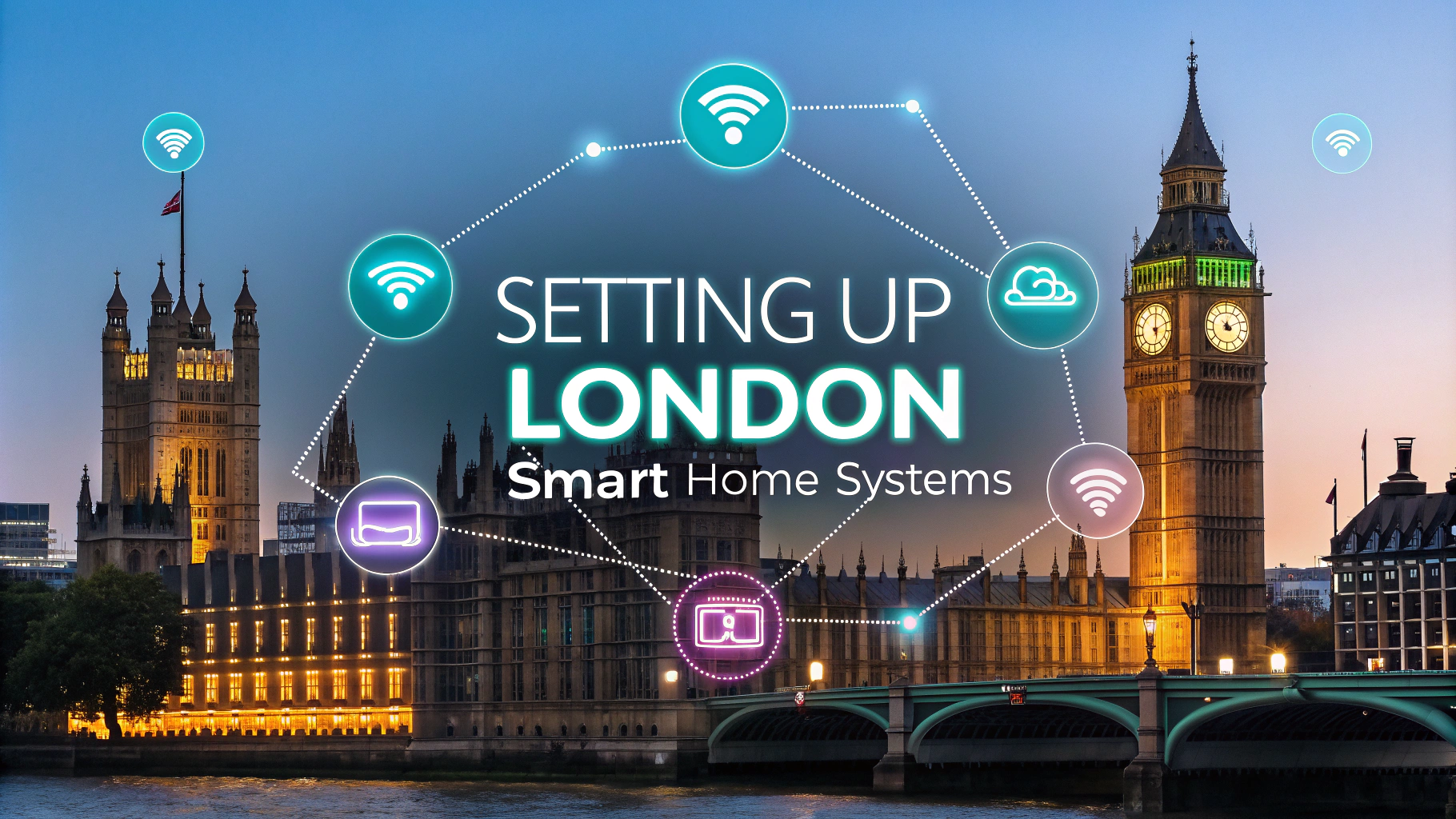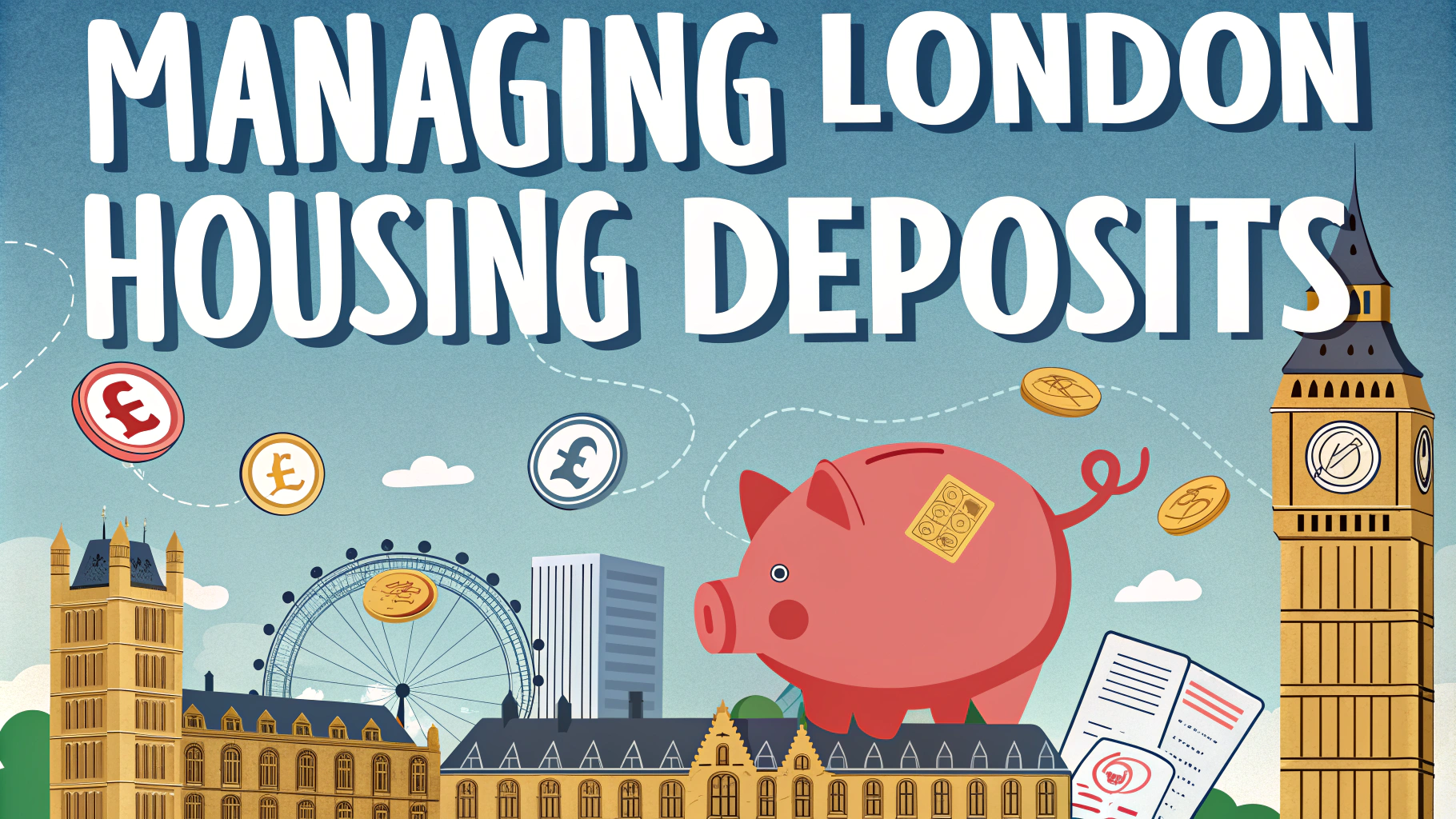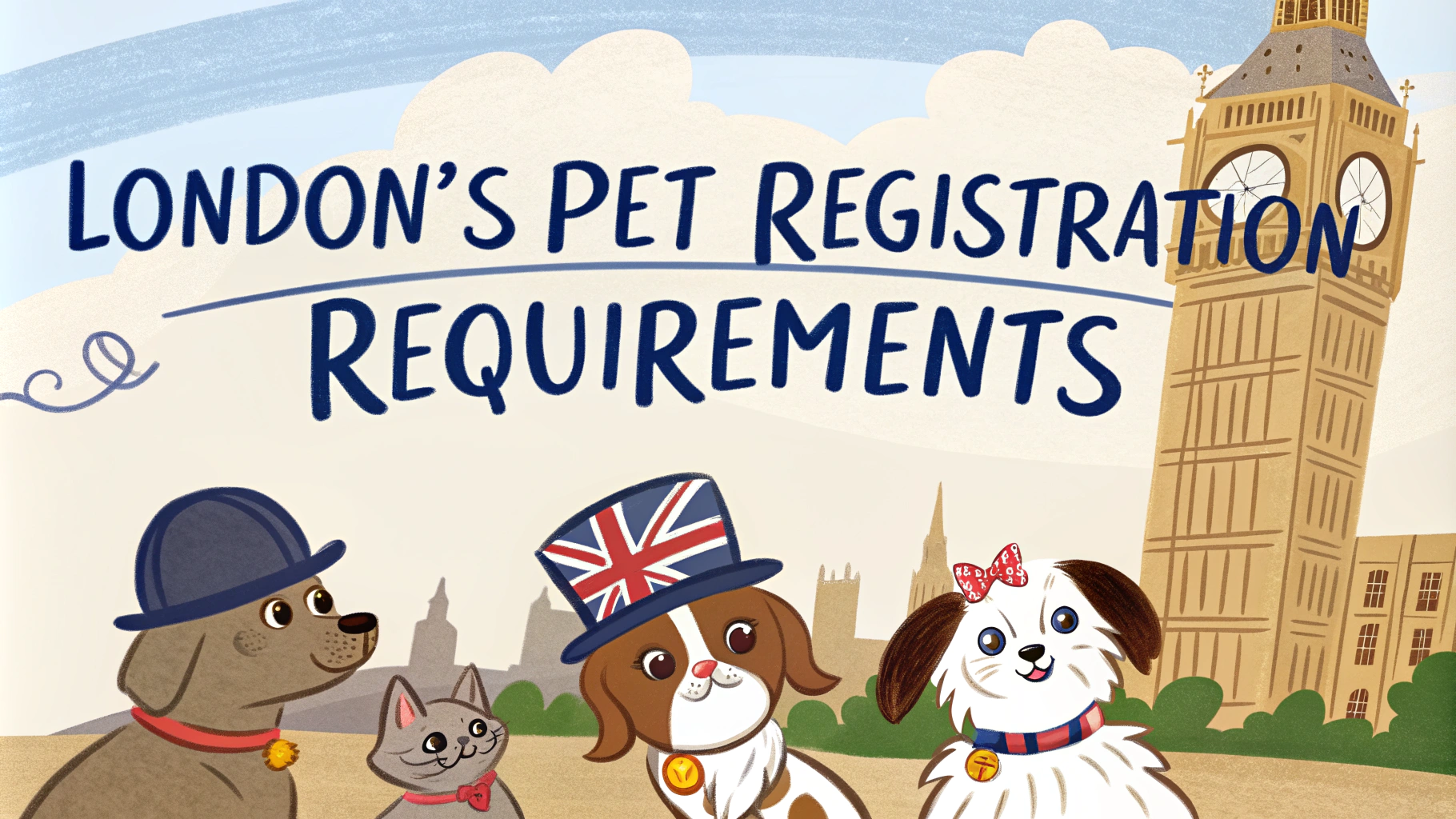Moving from overseas to London presents unique challenges that require careful planning and local knowledge.
Understanding London’s distinct housing market, complex visa requirements, and cultural nuances can make the difference between a smooth transition and a stressful move.
This guide walks you through the main obstacles when relocating to London from abroad and provides practical solutions to overcome them.
Visa and Immigration Requirements
Getting the right visa is your first priority when planning a move to London.
- Work visa requirements vary based on your nationality and job offer
- Student visas need confirmation of acceptance from a UK institution
- Family visas depend on your relationship with UK residents
Housing Challenges
London’s rental market moves exceptionally fast, with properties often being let within hours of listing.
- Prepare proof of income, references, and deposit funds before viewing properties
- Budget for 6-8 weeks’ deposit plus one month’s rent upfront
- Consider temporary accommodation while searching for permanent housing
Banking Setup
Opening a UK bank account can be tricky without a permanent UK address.
- Digital banks like Monzo and Revolut offer easier setup for newcomers
- Traditional banks require proof of address and immigration status
- Keep your overseas account active during the transition period
Healthcare Registration
Register with the National Health Service (NHS) as soon as possible after arrival.
- Find your local GP surgery through the NHS website
- Bring proof of address and immigration status
- Consider private health insurance for faster specialist access
Transport and Location
London’s size means choosing the right location is essential for your daily commute.
- Get an Oyster card or contactless payment card for public transport
- Research transport zones and their impact on travel costs
- Consider cycling as a cost-effective transport option
Cultural Adaptation
British social customs and workplace culture might differ from what you’re used to.
- British people value politeness and indirect communication
- Weather small talk is a cultural cornerstone
- Punctuality is expected in professional settings
Practical Support Networks
Building a support network can help ease your transition.
- Join expat groups on social media platforms
- Connect with your embassy or cultural center
- Attend community events in your neighborhood
Making Your Move Successful
Success in relocating to London comes down to thorough preparation and realistic expectations.
- Start planning at least 6 months before your move
- Budget for unexpected expenses
- Keep important documents easily accessible
- Stay flexible with your plans and housing choices
Contact the UK Home Office at +44 (0)300 123 2241 for visa inquiries or visit their official website for the latest immigration information.
Cost Planning and Budgeting
Living costs in London are among the highest globally, requiring careful financial planning.
- Average monthly rent for a 1-bedroom flat ranges from £1,200 to £2,000
- Council tax adds £100-200 monthly to housing costs
- Budget £600-800 monthly for other basic living expenses
- Factor in emergency funds for unexpected costs
Education and Schools
If moving with children, securing school places requires early planning.
- State schools are free but competitive in popular areas
- Private schools require advance applications and substantial fees
- Consider catchment areas when choosing housing
- Research Ofsted ratings for school quality assessment
Professional Integration
Building a career in London requires understanding local work practices.
- Update your CV to UK format standards
- Network through professional associations
- Research salary expectations in your field
- Consider additional UK-specific qualifications if needed
Making London Your Home
Successfully relocating to London is a journey that combines practical preparation with cultural adaptation. Focus on establishing your essential needs first – visa, housing, and banking – before moving on to longer-term integration. Remember that many before you have made this transition successfully, and London’s diverse community welcomes newcomers from all backgrounds.
- Take advantage of London’s multicultural environment
- Embrace local customs while maintaining your own identity
- Give yourself time to adjust to your new life
- Stay connected with both home and local communities
FAQs
- What visa requirements do I need to move to London from overseas?
You’ll need the appropriate visa before moving to London. Common options include the Skilled Worker visa, Student visa, or Family visa. EU citizens who weren’t residing in the UK before December 31, 2020, now need a visa to live and work in London. - How do I set up a UK bank account when moving from overseas?
You’ll need proof of UK address and identity documents. Some banks offer international banking services allowing you to open an account before arrival. Digital banks like Monzo and Revolut often provide easier setup processes for newcomers. - What’s the process for converting my foreign driver’s license in London?
Depending on your country of origin, you can drive with your existing license for up to 12 months. After this, you’ll need to exchange it for a UK license or take a UK driving test. EU/EEA licenses can be used until age 70 or for three years after becoming resident. - How does the National Health Service (NHS) registration work for overseas arrivals?
Register with a local GP once you have a permanent address. You’ll need to pay the Immigration Health Surcharge as part of your visa application to access NHS services. Bring proof of address and identity documents to register. - What are the requirements for renting property in London as a foreigner?
You’ll need references, proof of income, right to rent documentation, and usually 6-8 weeks’ deposit. Many landlords require a UK guarantor or additional advance rent. Credit checks are standard but challenging for new arrivals. - How do I navigate the Council Tax system when moving to London?
Register with your local council upon moving in. The rate depends on your property’s band and borough. Students are exempt, and single occupants get a 25% discount. You must register even if renting. - What’s involved in transferring professional qualifications to the UK?
Professional qualifications often need UK recognition through relevant regulatory bodies. Some professions require additional UK-specific qualifications or examinations. Check with your industry’s governing body for specific requirements. - How do I arrange international shipping of belongings to London?
Choose between air freight (faster but expensive) or sea freight (slower but cheaper). Ensure proper customs documentation, including a detailed inventory. Consider insurance and timing with your accommodation availability. - What tax implications should I be aware of when moving to London?
Register for UK tax if working. You may need to file taxes in both countries initially. Understand your tax residency status and any tax treaties between the UK and your home country. Seek professional advice for complex situations. - How do I enroll children in London schools from overseas?
Apply through your local council for state schools. Applications can be made from abroad but require proof of future address. Private schools have individual admissions processes. School places are competitive in many areas.
